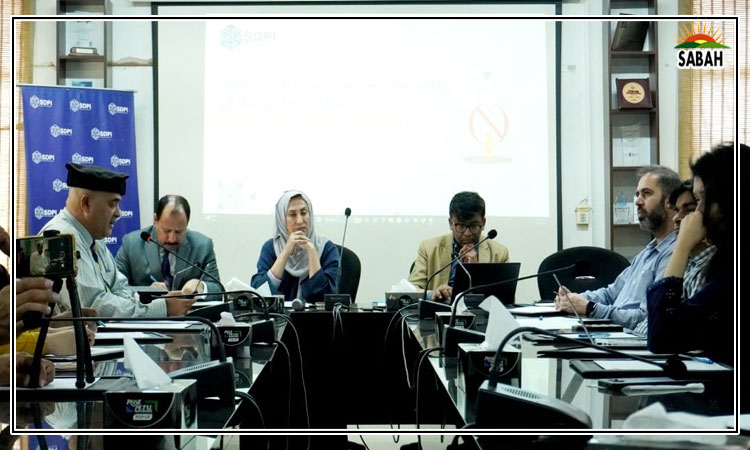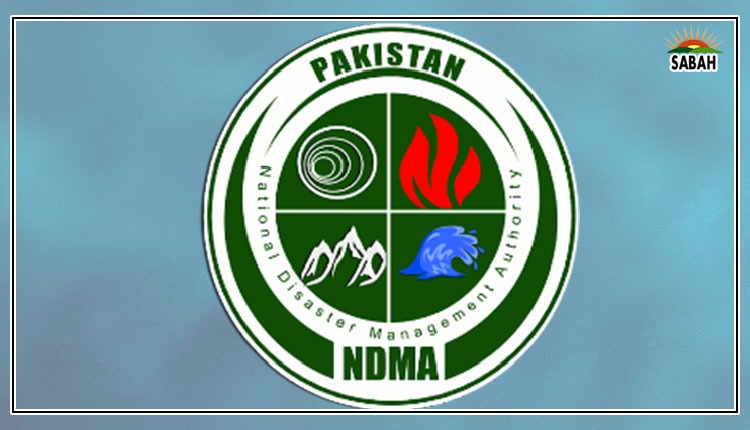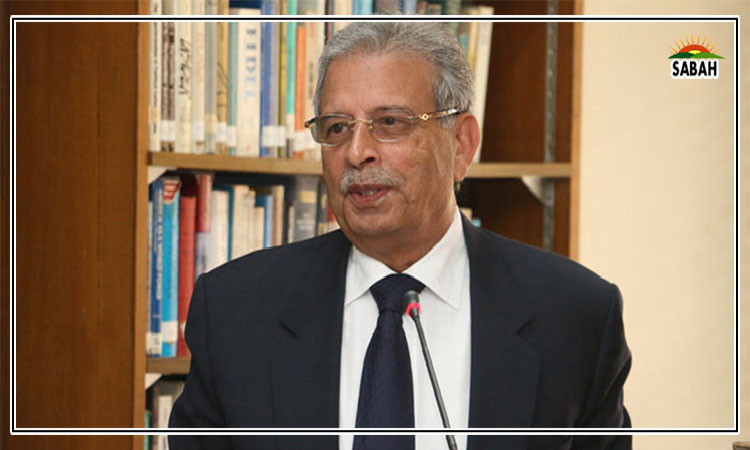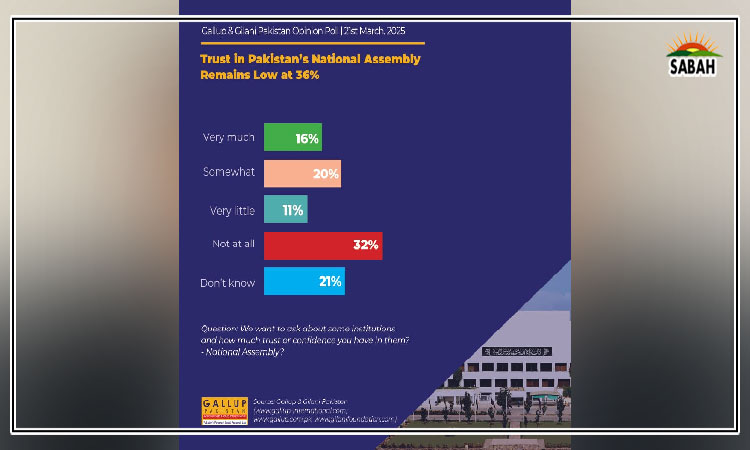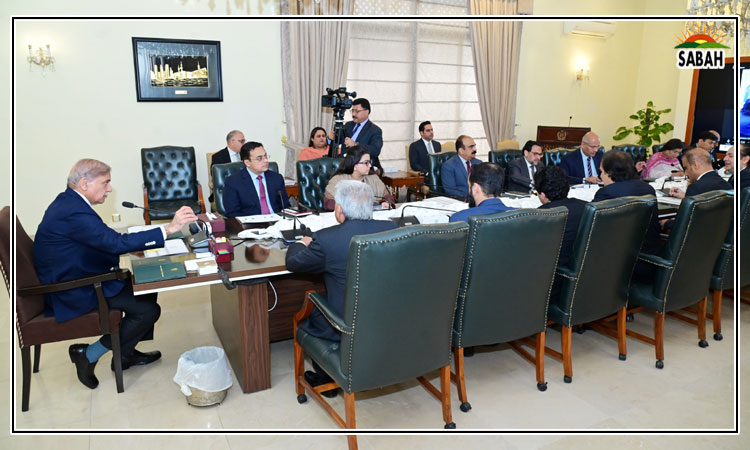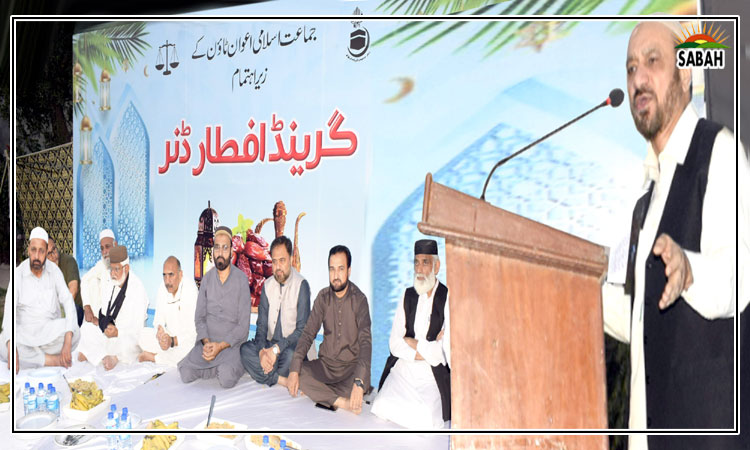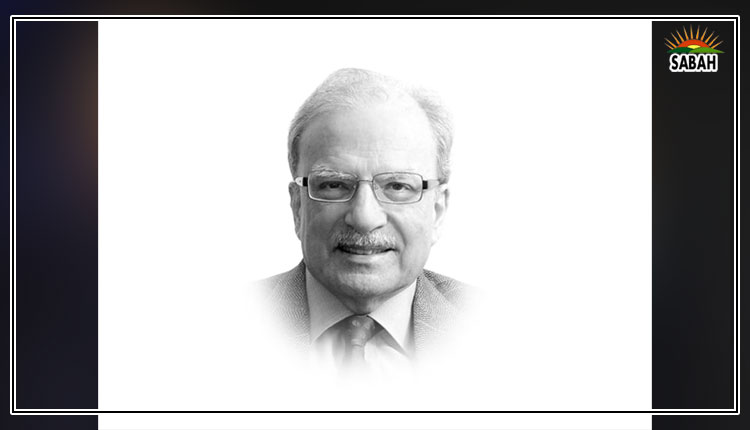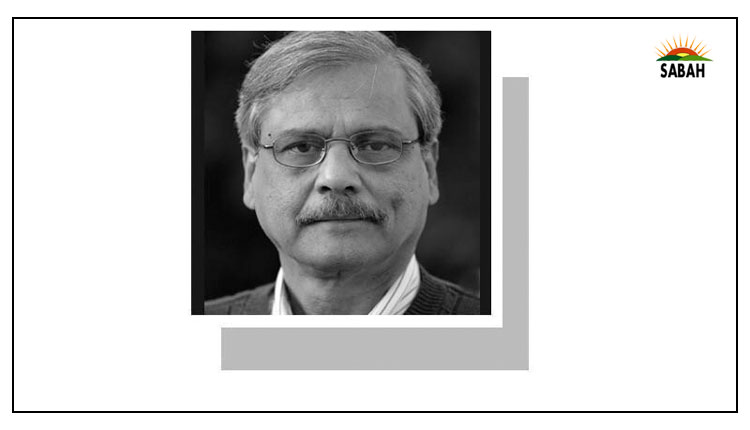Sleepwalking to disaster …..Zahid Hussain
IT seems like an endless journey to nowhere. We keep moving in circles with no hope of coming out of the rut. The prevailing uncertainty is now becoming more and more unbearable. It’s not just about the sordid political power game ripping the country apart, but also the looming shadow of authoritarianism taking every bit of freedom away.
Even the country’s judiciary is now under attack. The alleged ‘enforced’ decision by the Karachi University syndicate stripping a sitting high court judge, who dared to speak out against the establishment’s interference in judicial matters, of his law degree is the latest example of efforts to curtail rule of law. What happened in Karachi last week has exposed the growing brazenness of the powers that be.
It was a Kafkaesque moment for Dr Riaz Ahmed when he was picked up by police on his way to Karachi University. For the next several hours the professor was taken from one police station to the other. He was finally let off in the evening after public outcry on social media. In a country where enforced disappearances are a common phenomenon, such brief illegal confinement would not have raised an eyebrow.
But it was the reason behind his detention that made the incident scandalous. It was meant to stop the outspoken chemistry professor from attending the university syndicate meeting that was to decide on a “fake degree” case against an Islamabad High Court judge. Just days before the syndicate meeting he had claimed that external pressure was being used to get a desirable decision.
And that is exactly what happened. The fate of Justice Tariq Mehmood Jahangiri as a judge seems to have now been sealed. He was one of the six IHC judges who had signed the letter to the Supreme Court chief justice about the pressure and harassment they have been facing from the intelligence agencies. The action against Justice Jahangiri seems to be a warning to other judges who refuse to toe the line.
The spectre of despotism is looming large over the political spectrum.
It’s now also a test for the chief justice to defend the independence of the judiciary and protect the judges from such revengeful actions. The pressure on the judges is also growing with the apex court increasingly becoming the battleground for resolving political and constitutional disputes as parliament is becoming increasingly redundant.
Therefore, it’s not surprising that every effort is being used by the government to divide the institution and curtail its power. The Supreme Court’s ruling on redistribution of reserved seats may have deprived the ruling coalition of the two-thirds majority in parliament required for a constitutional amendment in the pretext of judicial reform, but the current dispensation has not yet given up hope for reversal of the majority decision.
The next few months seem very critical for the country’s future political course. The spectre of despotism is looming large over the political spectrum with an increasingly fragmented civilian setup struggling with legitimacy questions and resorting to draconian measures. The attack on the independence of the judiciary and the clampdown on freedom of expression are part of the moves to strengthen despotism.
Setting up firewalls and downgrading internet services are not going to work for the dispensation mired in deep muddy waters. The challenges are too serious for a government lacking public mandate to deal with, and take the country out of, the morass. Its increasing dependence on the security establishment has removed even the pretence of civilian rule. The establishment’s hold is evident in all aspects of decision-making.
While the political forces are engaged in a bitter fight worsening political polarisation, it has led to further shrinking of democratic space. With no side willing to take a step back and come to the negotiating table, there is little hope of the political tension reducing. The politics of confrontation and the growing assertion of power by the security establishment have distorted the entire political system.
Most worrisome is the crumbling of state power that has endangered the country’s unity and survival. What is happening in KP and Balochistan, the two strategically located provinces, presents the biggest challenge to the country’s internal security. The increasing terrorist attacks in both provinces taking a huge toll on the security forces is alarming. According to reports, last month witnessed the highest number of terrorist attacks with almost all of them happening in the two provinces.
The worsening security situation is directly linked with the growing political instability in the country. The situation in Balochistan is particularly grave with the growing alienation of the population from the state. It’s the state repression and deprivation of fundamental democratic rights that has caused loss of public faith in the system and pushed the youth to militancy.
But unfortunately, the state is still not willing to listen to their cries for justice and address their grievances. Instead, it insists on controlling the province with the help of cronies. It continues to rely on the politicians brought to power through manipulated elections. Even those Baloch leaders who opted to participate in mainstream politics are being systematically sidelined, forcing them to leave politics.
Given this situation, it was not surprising that Sardar Akhtar Mengal, chief of his own faction of the Balochistan National Party and a former provincial chief minister, has resigned from the National Assembly. In a letter to the NA speaker, the veteran Baloch leader has cited the “lack of representation in this Assembly for the people of Balochistan” as the reason for his decision.
“It has become increasingly clear that our attempts to speak or protest are met with hostility, our people are either silenced, labelled as traitors, or worse, killed,” he further stated. Like other Baloch leaders, he also seems to have lost hope in the state. It certainly does not bode well for the future of a shaky federation. The situation is also fast deteriorating in KP with the continuing confrontation between the centre and the PTI-led provincial government.
But nothing seems to bother the ruling coalition and the establishment. The state’s policy of repression and politics of confrontation may push the country to a point of no return.
The writer is an author and journalist.
zhussain100@yahoo.com
X: @hidhussain
Courtesy Dawn, September 4th, 2024



